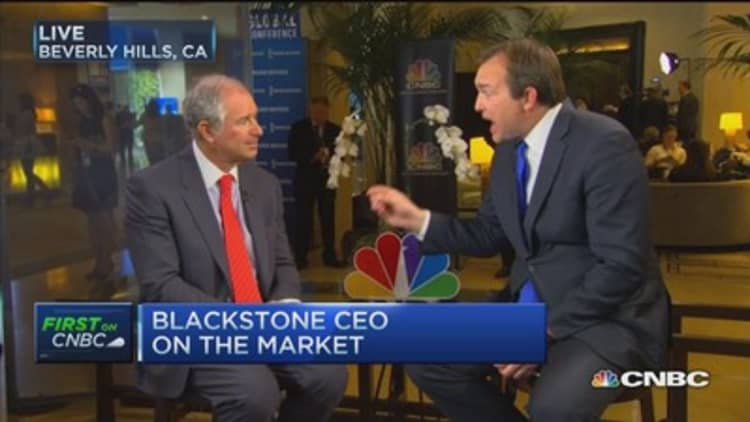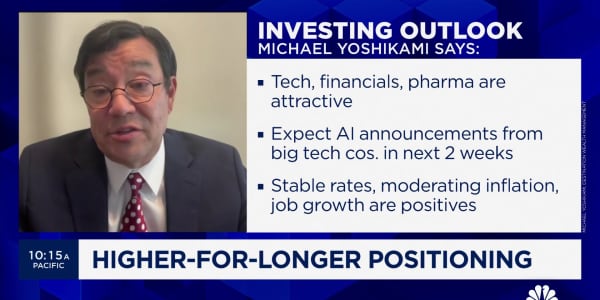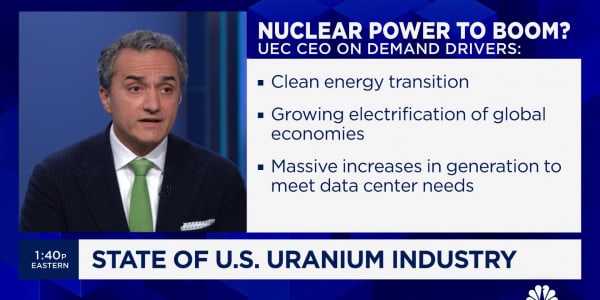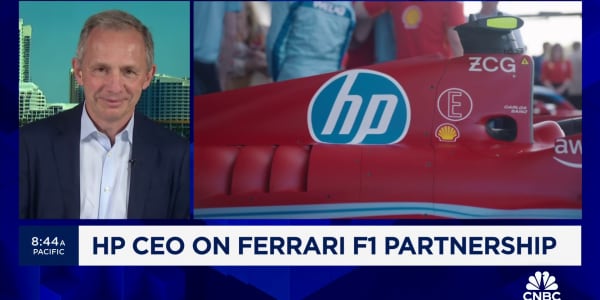Big money managers have a warning for people using popular new investment products.
One that attracted the ire of speakers at the Milken Institute Global Conference in Los Angeles on Tuesday were so-called unconstrained or go-anywhere bond funds, a popular strategy that places few limits on what types of bonds the mutual fund manager can invest in.
Bond guru Bill Gross, most recently of Janus Capital and before that founder of fixed income giant Pimco, started just such a fund in 2014. He was not mentioned by any of the speakers, but the fund category itself was skewered.
"The go-anywhere, the unconstrained, is the pitch de jour. I think that ends badly," John Skjervem, chief investment officer of the Oregon State Treasury, said at the event.
"There are asset owners that are going to buy that and present it to their boards as fixed income and it will show up in that pie chart as fixed income and everyone is going to assume it's capital preservation," Skjervem explained. "But under the hood it's all risk seeking and I don't think that ends well."
Read MoreBillionaire investors reveal their best ideas
Well-known bond investor Jeff Gundlach of DoubleLine Capital agreed.
"What unconstrained means is 'please, give me as many surprises as possible and I usually hope they will all be positive,'" Gundlach said on the same panel. "It's a code word—unconstrained is a synonym for 'never goes down,' conceptually, and we all know that's not achievable."
Gundlach runs a fund called the DoubleLine Flexible Income Fund that critics say comes very close to being an unconstrained fund itself. However, he has said his fund differs because it is more transparent with investors, letting them know of any big shifts in allocations.
Gross took over the Janus Global Unconstrained Bond Fund shortly after his high-profile departure from Pimco last year. Since then, it has acquired $1.5 billion in assets and turned in decent performance relative to other bond funds. It is up 2.9 percent in 2015, well ahead of the 1.92 percent return of the Barclays U.S. Aggregate Bond Total Return Index and good enough for the 12th percentile in its Morningstar category.
Still, the fund category has acquired substantial detractors besides Gundlach, whom Gross approached about joining DoubleLine before teaming up with Janus. Representatives from Janus declined comment.
Another panelist, Jes Staley of hedge fund firm BlueMountain Capital Management, marveled at the asset management industry's ability to create relatively misleading new products.
"It's remarkable how we sort of do this time and again," said former JPMorgan Chase executive Staley, noting his disdain for the concept of "enhanced cash," which he called "an oxymoron."
"Now we have unconstrained, we have liquid alternatives, we have all sorts of these little interesting acronyms and you wonder what will [happen] to them."

Read MoreBig money: 'Awfully dangerous' to take risk now
The problem, the panelists noted, is both small and large investors have few options.
"You have to put it somewhere," said David Harding, CEO of asset management firm Winton.
"People used to say 'you can't have negative interest rates. People will take their money out and put it under the mattress.' You can't stick $900 billion under the mattress," Harding said in reference to Norway's $900 billion sovereign wealth fund and other institutional investors with huge pools of money to manage.







